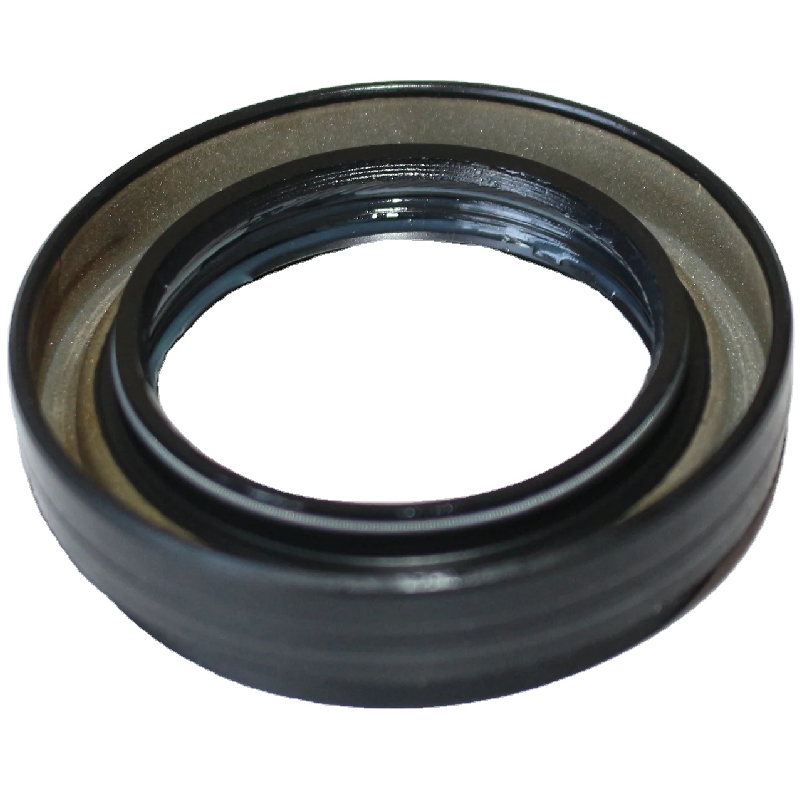High Temperature Oil Seal Performance and Applications in Industrial Machinery
High Temperature Oil Seals Essential Components for Industrial Efficiency
High temperature oil seals are crucial components in various industrial applications, particularly in machinery that operates under extreme conditions. These seals play a vital role in preventing the leakage of oils and lubricants, ensuring that equipment functions smoothly and efficiently. As industries push the boundaries of operational temperatures, the demand for advanced sealing technologies has surged, making high temperature oil seals indispensable in modern manufacturing and engineering processes.
Understanding Oil Seals
An oil seal, also known as a grease seal or shaft seal, is designed to retain lubrication within a mechanical system while preventing the ingress of contaminants. The primary purpose is to maintain the integrity of lubricants, which are essential for reducing friction between moving parts and minimizing wear and tear. High temperature oil seals specifically cater to environments where temperatures can exceed typical operational limits, often reaching up to 250 degrees Celsius (482 degrees Fahrenheit) or even higher.
Materials Used in High Temperature Oil Seals
The effectiveness of high temperature oil seals largely depends on the materials used in their construction. Common materials include synthetic rubbers such as fluorocarbon (FKM), silicone (VMQ), and polyacrylate (ACM), which are engineered to withstand elevated temperatures while maintaining their flexibility and structural integrity. Additionally, these materials exhibit excellent resistance to various chemicals, making them suitable for a wide range of applications, including automotive, aerospace, and manufacturing sectors.
Metal or composite inserts may also be incorporated into some high temperature oil seals to enhance their durability and performance. These inserts help to stabilize the seal, preventing distortion under high heat and pressure, thus prolonging the life of both the seal and the machinery it protects.
Applications of High Temperature Oil Seals
High temperature oil seals find applications in numerous industries
high temperature oil seal

1. Automotive Engine components, such as crankshafts and camshafts, often generate excessive heat. High temperature oil seals help maintain lubrication and prevent oil leaks, ensuring optimal engine performance.
2. Aerospace In aircraft engines, where temperatures can soar, the reliability of oil seals is paramount. These seals ensure that lubricants remain intact, contributing to the safety and efficiency of flight operations.
3. Manufacturing Machinery operating in steel mills, plastic injection molding, and other high heat environments require robust sealing solutions. High temperature oil seals enable these machines to function reliably, reducing downtime and maintenance costs.
4. Energy In power generation facilities, especially those involving turbines and engines, high temperature oil seals are essential for protecting the machinery and maintaining energy efficiency.
Importance of Proper Installation and Maintenance
The effectiveness of high temperature oil seals is not only reliant on the quality of the materials but also on proper installation and maintenance. Incorrect installation can lead to premature seal failure, leading to costly leaks and potential damage to machinery. It is imperative to follow manufacturer guidelines when installing these components. Regular maintenance checks can also extend the life of seals and machinery, as early detection of wear and tear can prevent greater issues down the line.
Conclusion
High temperature oil seals play a critical role in enhancing the efficiency and reliability of machinery across various industries. With advancements in materials and design, these seals are now more robust than ever, ready to tackle the challenges posed by extreme operational conditions. Investing in high-quality high temperature oil seals not only ensures optimal performance but also contributes to the longevity and maintenance of vital machinery. As industries continue to evolve, the importance of these sealing solutions will only grow, emphasizing the need for innovation and quality in manufacturing practices.
-
The Ultimate Guide to Boat Propeller Bearings and Trailer Wheel Bearings
News Jul.31,2025
-
The Essential Guide to Marine Bearings and Boat Trailer Wheel Bearings
News Jul.31,2025
-
The Complete Guide to Heavy Duty Seals: Protecting Doors and Spaces Efficiently
News Jul.31,2025
-
Essential Guide to Marine Shaft Bearings and Boat Trailer Axle Bearings
News Jul.31,2025
-
Comprehensive Guide to Marine and Trailer Bearings for Safe Boating and Transport
News Jul.31,2025
-
Comprehensive Guide to Automotive Oil Seals: Protecting Your Engine and Shafts
News Jul.31,2025
-
Understanding Automotive Oil Seals: Essential Components for Engine and Shaft Protection
News Jul.30,2025
Products categories















